-
Posts
204 -
Joined
-
Last visited
Everything posted by StrixLiterata
-
I adore games that have a very specific and hard to define characteristic: beign built around rewarding going out of bounds. There are plenty of games with easter eggs or hidden areas, but that's not quite it: I want game sin which I will realize that if I jump just so, or use the right combination of abilities, I can go beyond the level/area/screen I'm in, and when I get there, there are rewards, new areas, cool stuff to see! Even Metroidvanias often don't live up to this kind of promise. So far, Iv'e found three games that scratch that itch: _____________________________________________________________________________________________________________________________________________ Anodyne https://www.gog.com/game/anodyne // https://store.steampowered.com/app/234900/Anodyne/ In this game, the second hact is all about glitching out of screens and going out of bounds: it's literally part of the story. I especially liked when cutting a bush at the border of a screen that seemed to only contain a story item revealed a whole hidden dungeon that led to hidden lore. _____________________________________________________________________________________________________________________________________________ Supraland https://store.steampowered.com/app/813630/Supraland/ In this one, the out of bounds content is optional but plentiful, and almost always hidden behind navigation puzzles: I especially liked when I came near a giagantic barrel that had looked to be only part of the skybox thus far, and realized that I could use my grapple beam that worked only on wood to swing inside it. It took several tries, but finally I reached an hidden area with a power-up _____________________________________________________________________________________________________________________________________________ Caves of Qud https://www.gog.com/game/caves_of_qud // https://store.steampowered.com/app/333640/Caves_of_Qud/ This game scratches the discovery itch in a different way: like all roguelikes there are a lot of things to encounter. Unlike a lot of games, some of the tools you need to break it are availeable from the start and you can easily cheat death by pressing Alt+F4 on your death screen, allowing you to actually explore the game instead of getting obliterated the first time you encounter something unexpected. One example of what I'm looking for is how you can skip most of a hand-made dungeon by making yourself more resistant to fall damage and jumping down a hole whih is only accessible if you break into a bunker. Do you know any other games that can scratch that particular itch?
-

The great "Difficulty in games" debate
StrixLiterata replied to Arseniy Yavorśkyi's topic in Gaming in general
Personally, I think that the debate about difficulty is actually a debate about inclusion: those championing difficulty want to keep the communities of the difficult games they enjoy a closed space for "real gamers", while those championing ease of play want those communities to welcome them despite beign unable or unwilling to invest much of their time or identity into the games in question. So ultimately, the right choice to make for a develpoer depends on the kind of community and fanbase they want. While inclusion sound like the better option, I understand the need for a community of like-minded people, so I don't think this desire is inherently toxic; after all, it mirrors that for "safe spaces". Another question that's wrapped up in the Great Difficulty in Games Debate is that of Intended Play: wether games should be played as the developer intended or however the player pleases. Some of these arguments are about inclusion as well: cheating and mods that make the game easier being viewed as ways to intrude in the community of a game without having "earned" it, and about that I still think the same as above. About the arguments on these subjects that are sincere, I believe in the Death of the Author, that the interpretation of a work of art is the exclusive privilege and responsibility of the audience: if the player does not understand how to engage with the game the way the developers intended, it's the developer's fault for not communicating it properly; however, if the player, knowing how the developers intended the game to be played, chooses to engage with it otherwise, wether they like the experience they get rests on their shoulders alone, and cannot be blames or praised on the developer. Mastering a deep and challenging game is a unique and powerful experience, and changing such a game to avoid the challenge is valid, but doesn't detract from the validity of going through with it: calling those who invest themselves out for any reason is like booing at a Conesseour for being knowlegeable about vintage wine, and calling out those who skip the challenge is like the same Conesseour insulting normal consumers for adding sugar to Absinthe. Personally, I think making a game that requires the player to behave in a very specific manner to work correctly is faulty design: a developer should either strive to make their game engaging in as many ways as time and budget allow, and prevent those behaviours that would result in a sub-par experience, or make it as customizable as possible to let the players find their own best experience. So, about Ross and Dark Souls: @Arseniy Yavorśkyi asked "Is Ross having more fun when playing with cheats like he said he is? He just looks bored and annoyed to me, more so than in the first stream." I think he made an informed decision: he tried playing like From Software intended, and then decided he'd have more fun playing with cheats. It's tue he might have had more fun if he put in the effort to master the game, but his time, as everyone's, is limited. Not everyone can, or should, be a Conesseour. His choice does not reflect negatively on your taste. If we were to actually talk about the validity of difficulty in games, without metaphor or hidden meanings, this is what I'd have to say: There are four certaintities in this debate: 1) Some kinds of game require the player to rise to a challenge in order to make them experience something that would be incomunicable otherwise 2) Many players will try to make the game as easy for themselves as possible, even at the cost of their own fun (for example, by favouring safe but boring startegies to riskier but more exciting ones) 3) Difficulty is subjective 4) Difficulty can arise from errors in developement and miscommunications beteween developer and players, as well as from deliberate intention Now for what I think: It's important to give players some kernels of validation at regular intervals: even if a game is cultivating an atmosphere of dread and confusion, letting the player know they are on the (or at least a) right track is indispensable to keep them engaged. A well designed game should have a learning curve that starts low, but takes only as much time as it strictly needs to bring the player to it's intended difficulty level. This is accomplished by keeping the skill floor low (at least at the beginning) and the skill ceiling high, so that a player that already knows what they're doing can skip the parts of the learnign curve they don't need. This requires a relatively low complexity, which is the number of possible inputs, including wether an input can be given wrongly (for example: a dodge that has no cooldown and keeps you invulnerable for it's entire duration has almost no complexity, while a dodge that has limited invincibility farames and a cooldown is more complex) but great depth, that is to say, a great number of possible outcomes (for example, an attack that locks you into the animation without being able to do anything else is shallow, but one that allows you to turn during the animation, altering the trajectory of you hitbox, is deep). If you think about the most acclaimed game swith high difficulty, you'll realize that they always give the player milestones and feedback to encourage them even as they put them through the grinder, and ramp up the challenge instead of presenting a wall. Achieving this equilibrium can can be very difficult for the developer for certain genres, or if they lack time or budget, but in my opinion a game should only be as difficult as can be accomplished while respecting these precepts: if you can't make a game that's difficult in an engaging way, make it easier and better, instead of requiring the player to get past your bullshit -
I am just about to finish Blasphemous. The combat is great and the patforming is good, and the pixel art and soundtrack are a feast for the senses, but unfortunately unlocking the most powerful items and spells requires backtracking all over the map, multiple times, which amounts to a lot of wasted time. The story might provide some engagement for people who really like putting together timelines, but it's not a good tale and a real mistery neither: one can get the gist of it from very early on, only details and inconsequential sideplots are availeable to be uncovered. Love/Hate.
-
It is, at first; but i got used to it quickly. I'd recommend trying again playing as Raider: the ability to dodge twice and the AoE finisher thet is its' knife make combat way faster. Also, Demolisher starts with a granade launcher and the ability to turn one eplosion into more explosions, so it should cater to your tastes as well.
-
This game makes you feel like your screwing up everything from minute one: the combination of complicated management and ambiguous feedback turned me off instantly.
-
This is the roguelike with which I had the most fun: it's primary loop is well polished and its' variety is on display regardless of how well the player is doing. It's mechanics are unfamiliar and more technical than those of typical twin-stick shooters, but not so much as to be overwhelming, and in fact they raise the skill ceiling. It gets a good/great from me.
-
I'm 1uca8allrati
-
Sniper Chatbot
-
That's the thing! In theory you can do some crazy stuuf, but in practice you're mostly going to play a janky and juiceless 2d shooter
-
The last two games I played for pc are Unreal and Noita. I'm liking Unreal more than I expectd from a game that consideres mouselook a new-fangled fad: the enemies are compellingly agile, the friendly NPC's unlocking secret rooms if you manage to save them is a nice touch and surprisingly immersive, and the maps reconnect with themselves in a way that I haven't seen outside Metroidvanias or Souls-likes, although to without fixed save points it's not as useful. Meanwhile, I'd give Noita a "Love/Hate": It's addictive, but frustrating and surprisingly repetitive for a game which simulates every pixel and has dozens of different spells, enemies and materials. It's a game made to replicate all the coolest-sounding characteristics of rouguelikes, but which in practice lacks the capacity to engage
-
I played it on release, and it clicked with me immediately. Firstly because I found the story very aspirational: I'm not an alcoholic or a drug addict, but I do have serious personal failings, and seeing the protagonist dig his way out of rock bottom really lifted my spirits. Also, making each skill a character in it's own right is pure jenius and every ounce of brilliance is wrung out of it.
-
I'd like to give some awards to the indie First Person Metroidvania, Supraland: 1) Out of Bouds Bounty Search aggressively enough, and you'll find ways to exit the boundaries of the world.. only to find more world beyond! It's truly amazing how many things that look like just a piece of skybox are actually real geometry, and contain treasure to boot! 2) Toy World The world is literally a sandbox populated by styrofoam stick figures, with household appliances used as props, and the effect is way better-looking than this description might let on: this kid has a real flair for level design, it seems 3) All Time Favourite
-
If you want to enjoy this game, look up guides and tutorials: there is a lot of useful knowledge that the game will never give you; like how to perform special jumps, or get certain creatures to help you.
-
This game shouldn't be on the list: having played the demo, I have to say that the presentation of the story is tropey and mediocre, the dialogue is either boring or cringeworthy, and the characters are ugly; special shoutout to the "rookie" who looks both like a grizzled, scarred veteran and an androginous kid, to hilariously bewildering effect.
-
The screenshots don't look visually impressive to me



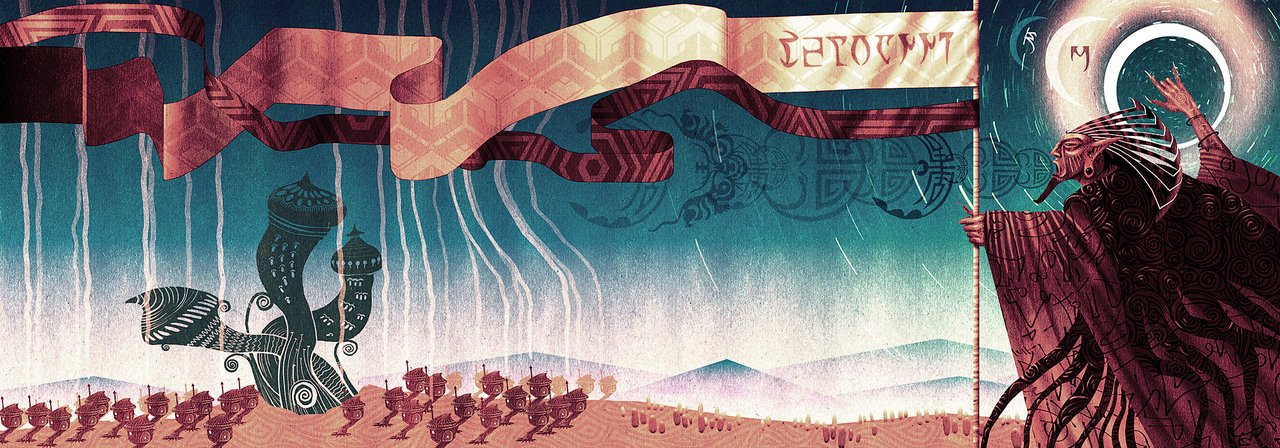
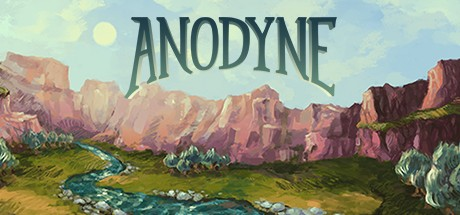
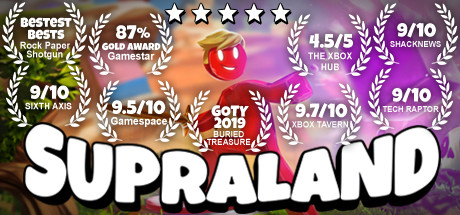
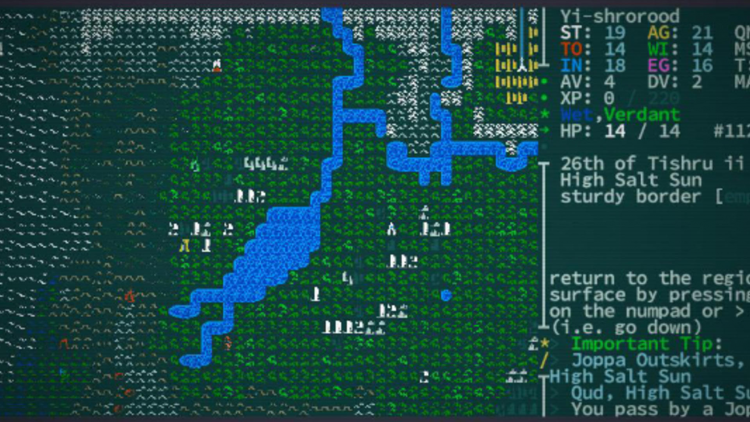
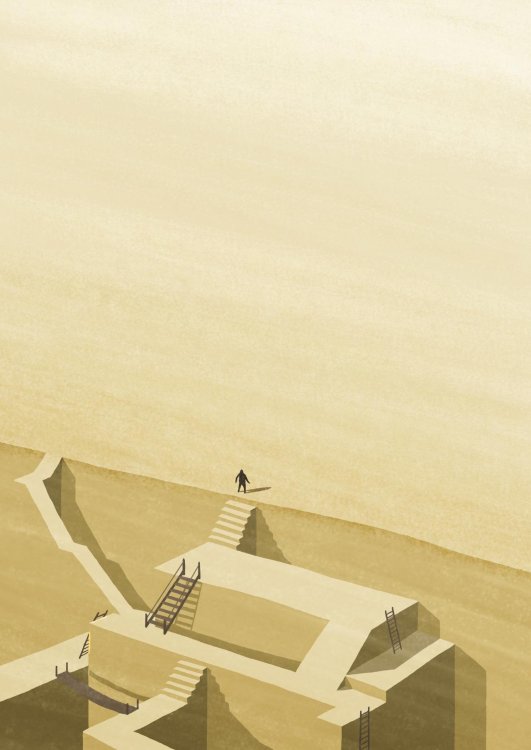

.png.2c3e387416c039c7f7d4848850a77189.png)
.png.979f836836adb79a2eb546c61f6e3bae.png)
.png.42a10572046ce0dd3ba49ed0d0631bb2.png)